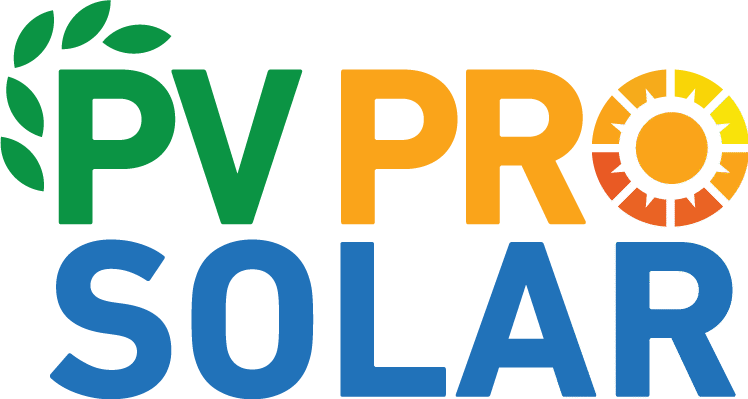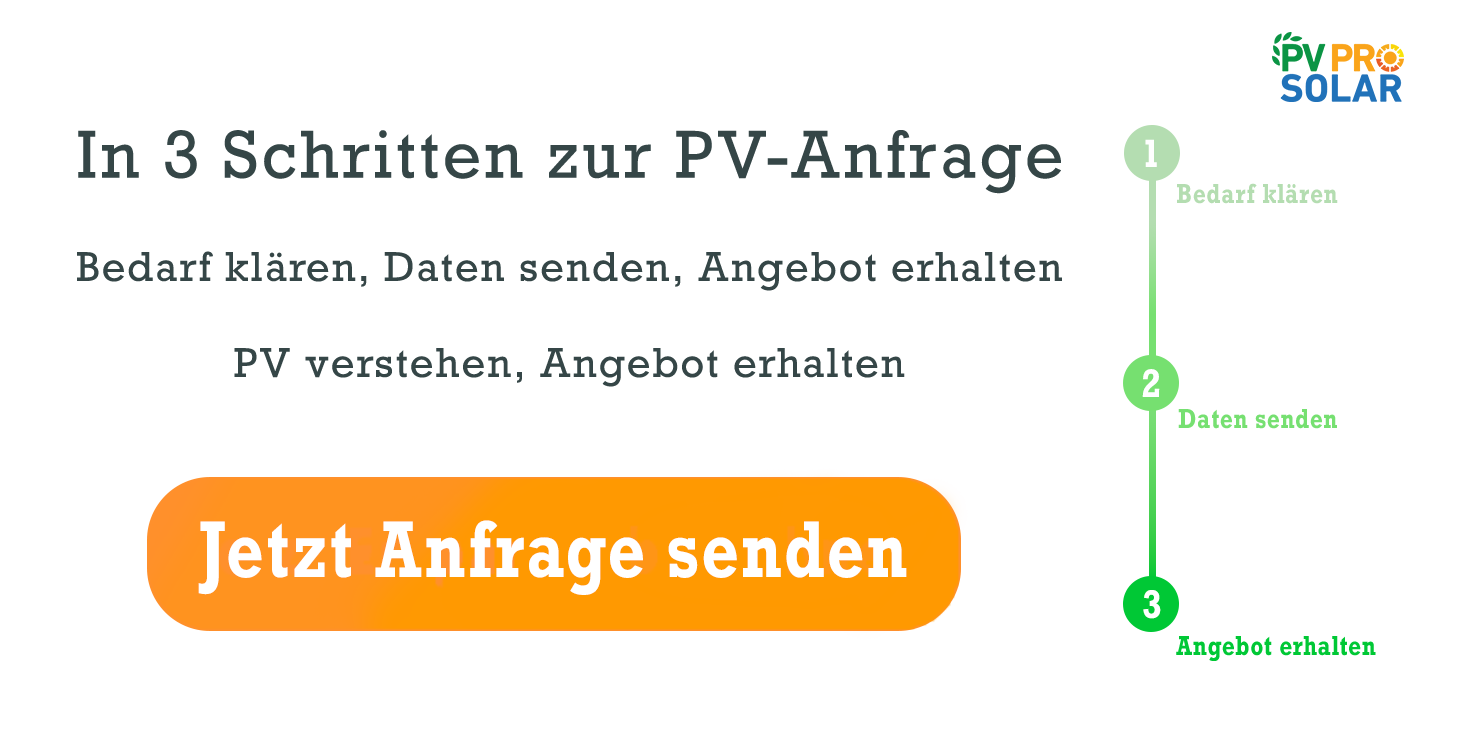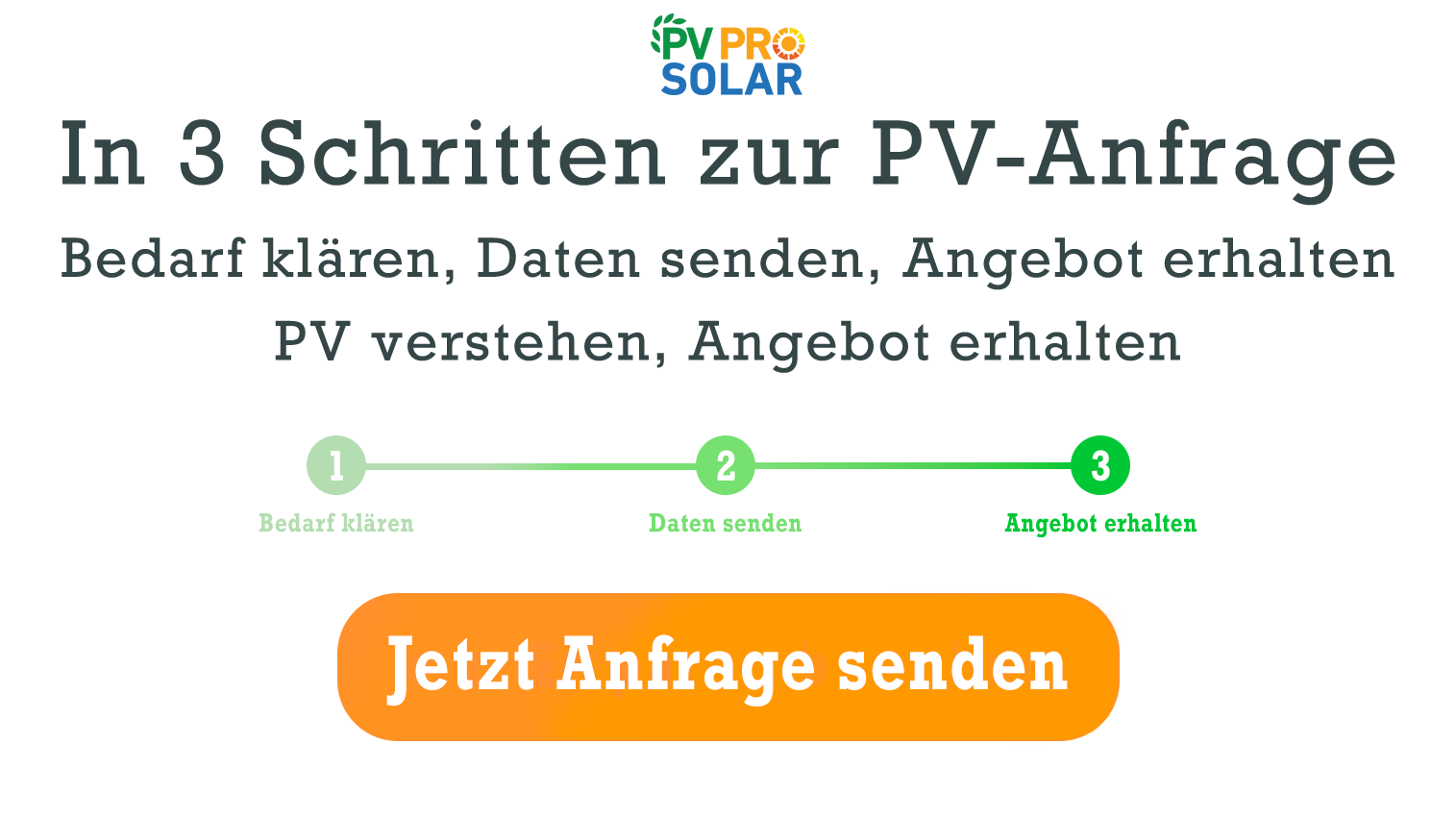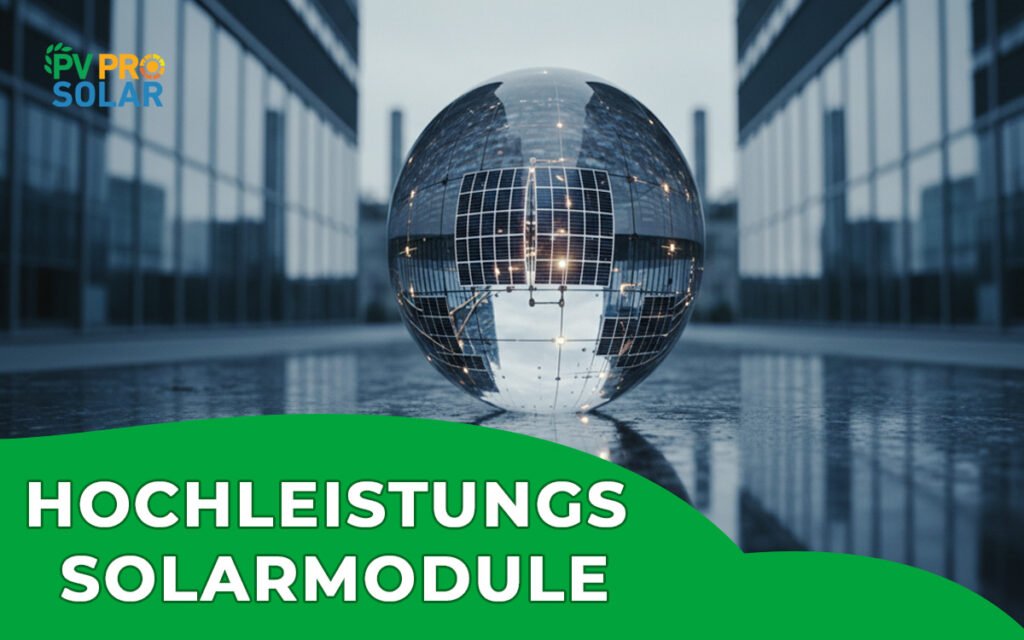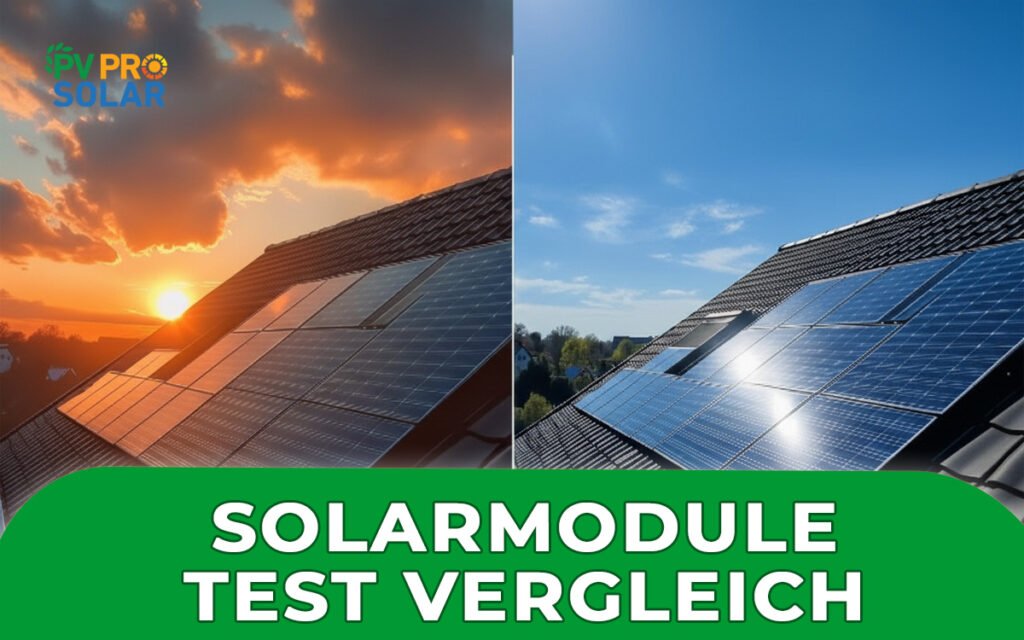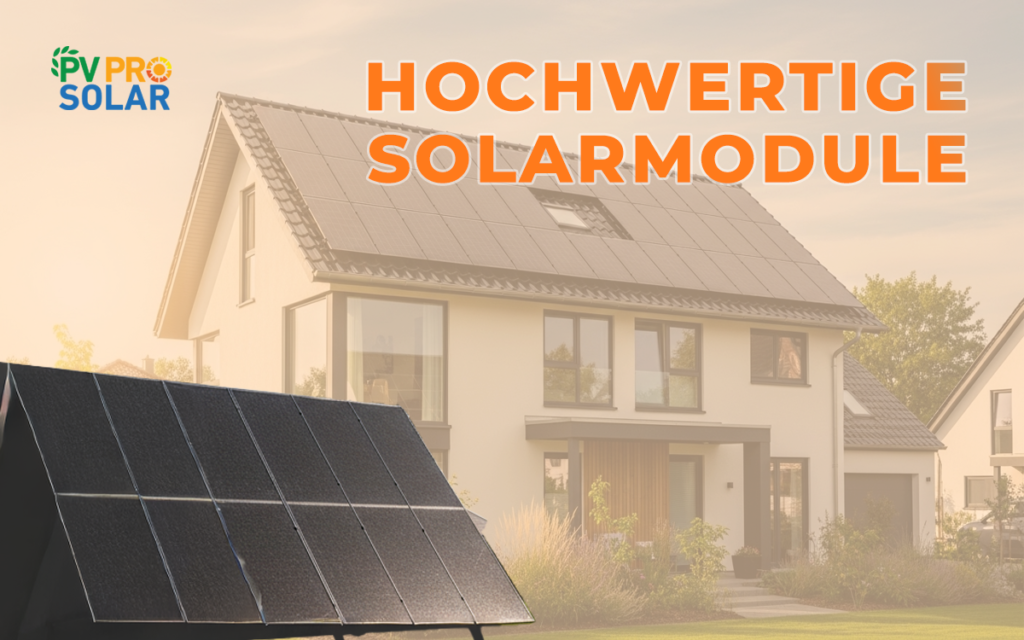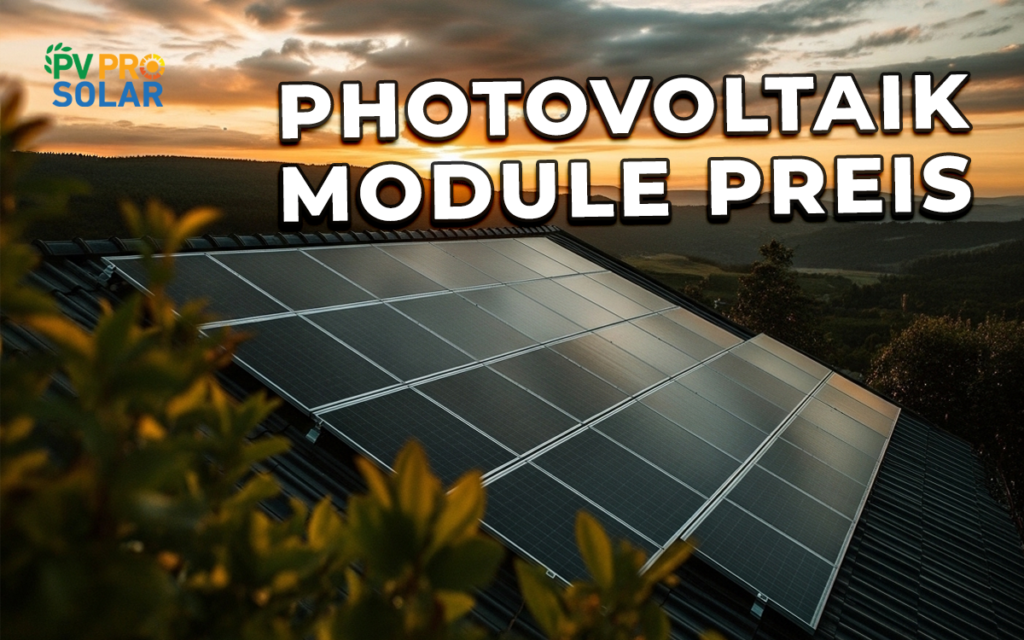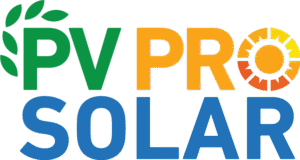How to Maintain Solar Panels in Germany: Complete Maintenance Guide 2025
Proper maintenance and care of your solar panels play a crucial role in the efficiency and lifespan of your photovoltaic system. In Germany, energy yields are significantly affected by weather conditions, pollution, and the standard of installed technology. This hands-on guide outlines how to regularly inspect, clean, and detect minor damage to your solar modules. You’ll learn which inspections are necessary, when it’s best to call a professional, and how to optimize performance while reducing long-term costs.
Why Is Solar Panel Maintenance So Important in Germany?
- Dirty or damaged panels result in energy losses.
- Dust, leaves, bird droppings, and snow can reduce performance by up to 20%.
- Regular maintenance helps prevent damage and extends the system’s life to 25–30 years.
Regional Factors to Consider
- Northern Germany (e.g., Bremen, Lower Saxony): Frequent rain, but agricultural debris can lead to buildup on panels.
- Southern Germany: More sunlight hours but prone to dust accumulation in the summer months.
- Benefit: Clean panels on a 5 kWp system can save approx. €150–€300 per year on electricity costs.
How Often Should Solar Panels Be Inspected in Germany?
- Visual check: Every 3–6 months
- Annual professional inspection: Inverter, cabling, and panels
- After storms, hail, or heavy snow: Immediate inspection recommended
- Cleaning: 1–2 times per year, depending on local pollution or dirt buildup
Tips:
- Use smart home systems or a solar logbook
- Keep track of performance drops
- Address small issues early before they escalate
What Are the Steps for Cleaning Solar Panels?
- Safety first: Use roof protection gear, gloves, and a stable ladder
- Gentle cleaning: Water and a soft sponge only – avoid harsh chemicals
- Timing: Clean early in the morning or late in the evening
- Special products: Use solar panel cleaners for stubborn dirt
- Avoid: Pressure washers or abrasive tools
Practical Notes:
- Remove leaves after autumn storms
- Clear snow gently, never use metal tools
- Clean off bird droppings promptly to protect glass surfaces
How to Detect Damage or Performance Loss?
- Visible cracks, discoloration, or delamination
- Sudden performance dips in solar monitoring data
- Loose cables or damaged junction boxes
- Error messages from the inverter
Advanced Diagnostics:
- Thermography can detect hot spots
- Microcracks are often invisible but may reduce output by up to 5%
Recommended Tools and Materials for Solar Panel Maintenance
- Water supply (hose or bucket)
- Soft brushes or sponges
- Optional: specialized solar panel cleaner
- Safety gloves and non-slip shoes
- Ladder or roof safety equipment
Notes:
- Do not use abrasive cleaning agents
- Avoid acids or aggressive chemicals
Can Homeowners Perform Minor Repairs Themselves?
Yes:
- Replacing loose cables
- Cleaning and buffing minor surface scratches
- Changing fuses in the inverter
No:
- Electrical faults in the panels or the inverter
- Warranty cases – always contact a certified technician
When to Call a Professional Solar Service?
- Electrical issues or inverter problems
- After accidents, storms, or hail
- Performance loss over 10%
- For insurance-related inspections
Recommendation:
- Schedule annual professional maintenance
- Use certified solar companies in Hannover, Bremen, Wolfsburg, or your region
How Does the Weather in Germany Affect Solar Panel Maintenance?
- Rain helps rinse off dirt, but doesn’t replace thorough cleaning
- Snow should be removed carefully
- Hail may damage the panels
- Dusty summer months require more frequent cleaning
Practical Advice:
- Account for regional weather differences
- Consider automatic cleaning systems or solar showers for large rooftops
How to Maximize Solar Panel Efficiency Over Time?
- Regular cleaning
- Inverter checks
- Avoid shading
- Performance monitoring via apps or solar logbook
Example:
A 5 kWp system can generate approx. 5,000 kWh/year with proper care, compared to just 4,200 kWh/year if neglected.
Common Mistakes Solar Owners Should Avoid
- Cleaning too infrequently
- Attempting DIY repairs on electrical issues
- Ignoring wear-and-tear components
- Cleaning during midday or in high heat
How Do Debris Like Dust, Leaves, or Bird Droppings Impact Performance?
- Energy losses of 5–20%
- Bird droppings may cause hot spots
- Dust lowers light absorption
- Leaves can trap moisture and cause water damage
Legal and Insurance Considerations in Solar Maintenance
- Follow occupational safety regulations
- Many insurance policies require regular inspections
- Adhere to manufacturer’s warranty conditions
- Keep records of all maintenance
How Do Maintenance Needs Differ for Residential, Commercial, and Industrial Systems?
- Residential: Visual inspections and basic cleaning
- Commercial: Sensors, monitoring systems, professional cleaning
- Industrial: Automated cleaning, thermography, routine technical inspections
What New Technologies Make Solar Maintenance Easier?
- Drone inspections for large rooftops
- Automated cleaning systems
- Smart-home monitoring solutions
- Thermal imaging and performance diagnostics
Regular maintenance and care are key to ensuring the long-term efficiency and optimal energy yield of your solar panels. Visual checks, cleaning, and monitoring your inverter and cabling help detect issues early. Professional inspections complement DIY efforts and protect against significant performance losses. With the right approach, you can extend the lifespan of your system and reduce operating costs.
PVPro Solar offers practical and professional support to help you maintain your solar panels effectively.
Through regular cleaning, visual inspections, prompt minor repairs, and annual professional check-ups.
Not necessarily. Light dirt can be cleaned by yourself. However, for electrical issues or panels that are difficult to reach, professional help is recommended. How can I extend the lifespan of my solar panels in Germany?
Do I need to hire a professional to clean my solar panels?
